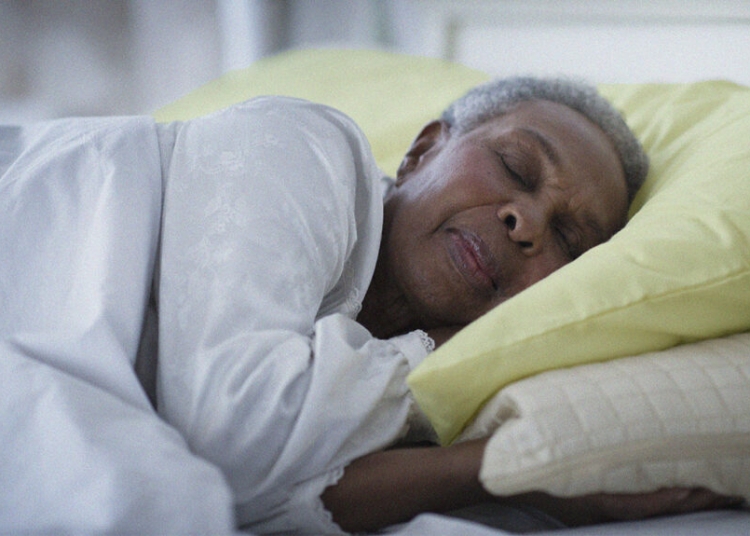Sleep apnea is a sleeping disorder that if not treated, can lead to serious health problems, such as high blood pressure and heart trouble. It affects men more than women, although Sleep Apnea rates drastically increase in women after menopause. People stress the need for a healthy diet and regular exercise for a good living, but it turns out, though, a person’s quality of sleep is also critical for overall well-being. Undiagnosed Sleep Apnea is directly related to a decreased quality of life and an increased cardiovascular and metabolic health risk.
Obstructive sleep apnea is very common which occurs as repetitive episodes of complete or partial upper airway blockage during sleep. In central sleep apnea, the airway is not blocked but the brain fails to signal the muscles to breathe due to instability in the respiratory control centre. When you stop breathing, your heart rate also tends to drop the longer your body is deprived of oxygen. Data suggest increased risk, particularly when you stop breathing roughly 30 times or more per hour. But there is likely a risk at even lower frequency rates.
Paramedical Courses: Career, Scope and Jobs
Some of the symptoms of Sleep Apnea include daytime sleepiness or fatigue, dry mouth or sore throat upon awakening, frequent nighttime urination, cognitive impairment, such as trouble concentrating, forgetfulness or irritability.
People can go for a sleep evaluation test followed by therapy to diagnose this problem. In mild cases of Obstructive Sleep Apnea (OSA), conservative therapy can be the solution. If the person is obese, losing weight is an effective solution as weight loss can reduce the number of apneic events for most patients.
























